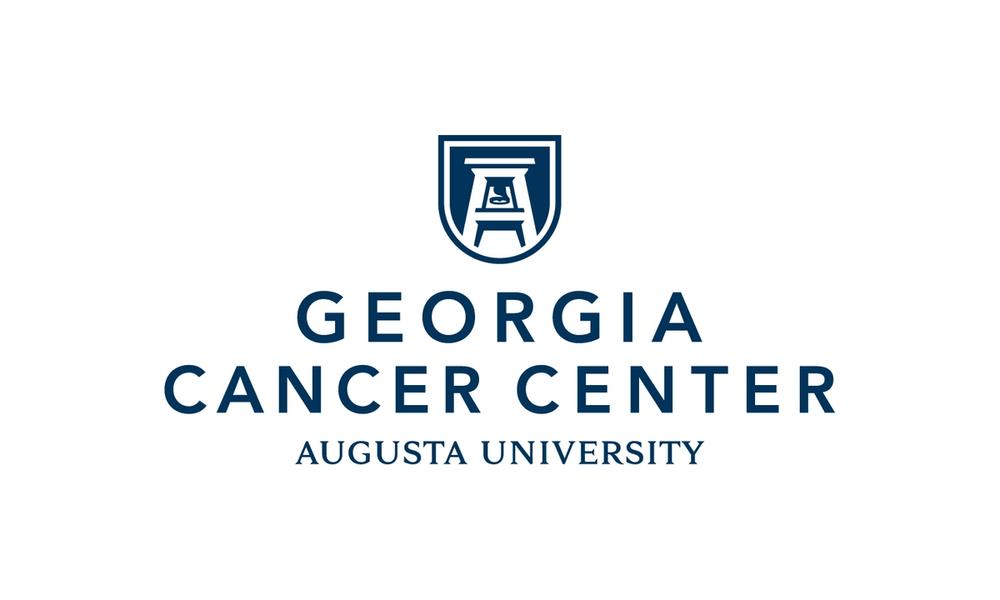
CheckMate-73L To Explore Ipilimumab and Nivolumab Combo in Non-Small Cell Lung Cancer Treatment

The ongoing CheckMate-73L trial seeks to determine if nivolumab plus ipilimumab following nivolumab plus chemoradiation could become the new standard of care in treating non-small cell lung cancer, says Nagla F. Abdel Karim, MD.
The phase 3 CheckMate-73L trial (NCT04026412) will evaluate the potential benefit of adding more immunotherapy in the treatment of patients with stage III non–small cell lung cancer (NSCLC) by examining nivolumab plus chemoradiation followed by nivolumab and ipilimumab (Yervoy).The study will build upon the understanding gleaned from the pivotal phase 3 PACIFIC trial (NCT02125461) of durvalumab (Imfinzi) following chemoradiation in an effort to provide more mature data, explained Nagla F. Abdel Karim, MD.
“It is good that we have [seen] success with including immunotherapy in the consolidation phase, but we need more mature data,” Karim said. “Is the addition of more drugs better? Or does it just come [at the cost of] more financial and autoimmune toxicity?”
In an interview with OncLive®, a sister publication of Oncology Nursing News®, Karim, a medical oncologist at Augusta University Medical Center, further discussed the ongoing CheckMate-73L trial in patients with stage III NSCLC, the potential impact of the research on the paradigm, and future areas of exploration.
OncLive®: What was the rationale for the CheckMate-73L trial?
Karim: Stage III NSCLC has been a very difficult disease [to treat], and until recently, we just did concomitant chemoradiation [for these patients]. Additionally, we had used consolidation chemotherapy following the chemoradiation, but this has been proven to be not beneficial, and in fact, even harmful. As such, [we stopped doing that].
Then, the PACIFIC trial examined the initiation of immunotherapy after the chemoradiation for all comers, and [that approach resulted in an increase in] median progression-free survival from 5.6 months to 17.2 months; this was significant. Additionally, the median overall survival for patients who received 1 year of immunotherapy with durvalumab had not been reached vs 28.7 months for those who received standard-of-care chemoradiation alone.
This is [a great option], and we do offer that to our patients. However, we know that [patients with a lower PD-L1 expression did not [experience] the benefit that those with a higher PD-L1 expression did [from that approach]. We also know that administering durvalumab less than 14 days [after] the chemoradiation yielded the highest benefits. However, we still have patients who do not do as well [with this approach], with an 18-month PFS rate of just 44%. That means that more than half of patients are going to ultimately progress. We have to improve on that.
In the CheckMate-73L trial, we are examining the combination of 2 types of immunotherapy that have different mechanisms of action. [By using them in] the consolidation phase, [we] should ultimately [see a] synergistic antitumor response. The 2 agents that are being used are ipilimumab and nivolumab. Ipilimumab blocks the interaction between the CTLA-4 on T cells, and the CD80 and CD86 on those presenting cells; this is in addition to the anti–PD-1 inhibitor which is nivolumab. Having this combination should lead to a stronger or synergistic mechanism in the consolidation [phase], and [we hypothesize that] this will subsequently [result in] a better clinical outcome in terms of progression-free survival [PFS] and overall survival [OS].
What was the design of the trial, and what were some of the eligibility criteria?
The eligibility criteria are straightforward: patients with stage III NSCLC who are not candidates for surgery. Eligible patients should not have received any prior chemotherapy or other anticancer treatments and should be newly diagnosed with stage III disease. They should not have [any underlying conditions, such as] acute infections, a history of transplant, or other conditions that might make them sick from the chemotherapy or from this approach.
In terms of stratification, we have learned so much from melanomas and other tumor types [in terms of how to] use immunotherapies. Patients in arm A will receive chemotherapy, which is [comprised of] carboplatin and paclitaxel and is standard of care. However, the only difference in this trial is that [the chemotherapy] will be given for 1 day every 3 weeks; it is not [given] weekly as we used to do. The chemotherapy will be given in addition to nivolumab. Again, this is given 1 time every 3 weeks, plus the radiation therapy. Then this arm will continue with the consolidation after finishing chemoradiation, using ipilimumab plus nivolumab for 1 year. The reason I mention that we learned from other diseases is because we are using a 1-mg/kg dose of ipilimumab [that is given] every 6 weeks. [We know this dose] is not as toxic and is supposed to be better tolerated with this combination.
The only difference in arm B is that consolidation will not include ipilimumab; it is just going to be nivolumab, given every 4 weeks for 1 year. Arm C is just the standard of care, with just chemotherapy plus radiotherapy, and that will be followed by 1 year of durvalumab.
What do you anticipate seeing in terms of safety with this approach?
We do not yet have a standard of care of immunotherapy plus chemotherapy given at the same time as radiation. This is something also that we are looking into with this trial. However, prior trials have shown that these treatments are safe to combine with radiation therapy. Of course, this is a larger-scale clinical trial, so we are going to ensure that our patients are safe and closely monitored.
With chemotherapy plus radiation, we are aware that patients can have inflammation of the esophagus or some difficulty swallowing. [With AEs like] nausea and vomiting, the best supportive care works well to control those toxicities. In addition, if we are adding immunotherapy during that period, or later in the consolidation [phase], we pay attention to autoimmune AEs. That is why we monitor thyroid functions, we monitor if patients get diarrhea, if there are signs of colitis or pneumonitis, if they have inflammation of the lungs, if they experience shortness of breath. [We have ways to stay] on top of those AEs.
Is there anything that you would like to add about this research?
The trial started in August 2019 and is anticipated to conclude between 2022 and 2024. Notably, trial is being conducted at 175 study sites in 26 countries; this is important because we will have information on diverse populations [who reside in] different areas of the world. This will [allow us to determine whether there are] any vulnerable populations in terms of autoimmune adverse effects [AEs] experienced with the approach, or [whether any] efficacy differences [exist between] the sites.
If this trial proves to be positive, how might this research impact the paradigm for this population?
We want to look into PFS and OS. If these patients are going to live longer, with less AEs [or a similar] toxicity [profile] compared with [what has been seen with] durvalumab, then this [new approach] could be the standard of care. If patients can tolerate the dual-immunotherapy combination, and they have a better outcome with less toxicity, then we would recommend that our patients [receive this treatment].
Having mentioned that, we like to personalize treatment for our patients with lung cancer. Our patients are not all the same; some might have more problems with specific treatments. As such, we will benefit so much from knowing more about markers or translational components. In this trial, we are looking into molecular markers, and other markers that can help us identify which patients are going to benefit the most [from this kind of approach], as well as which patients might experience more AEs. We still [have a lot to] learn, but certainly this is a very important trial.
Newsletter
Knowledge is power. Don’t miss the most recent breakthroughs in cancer care.



































